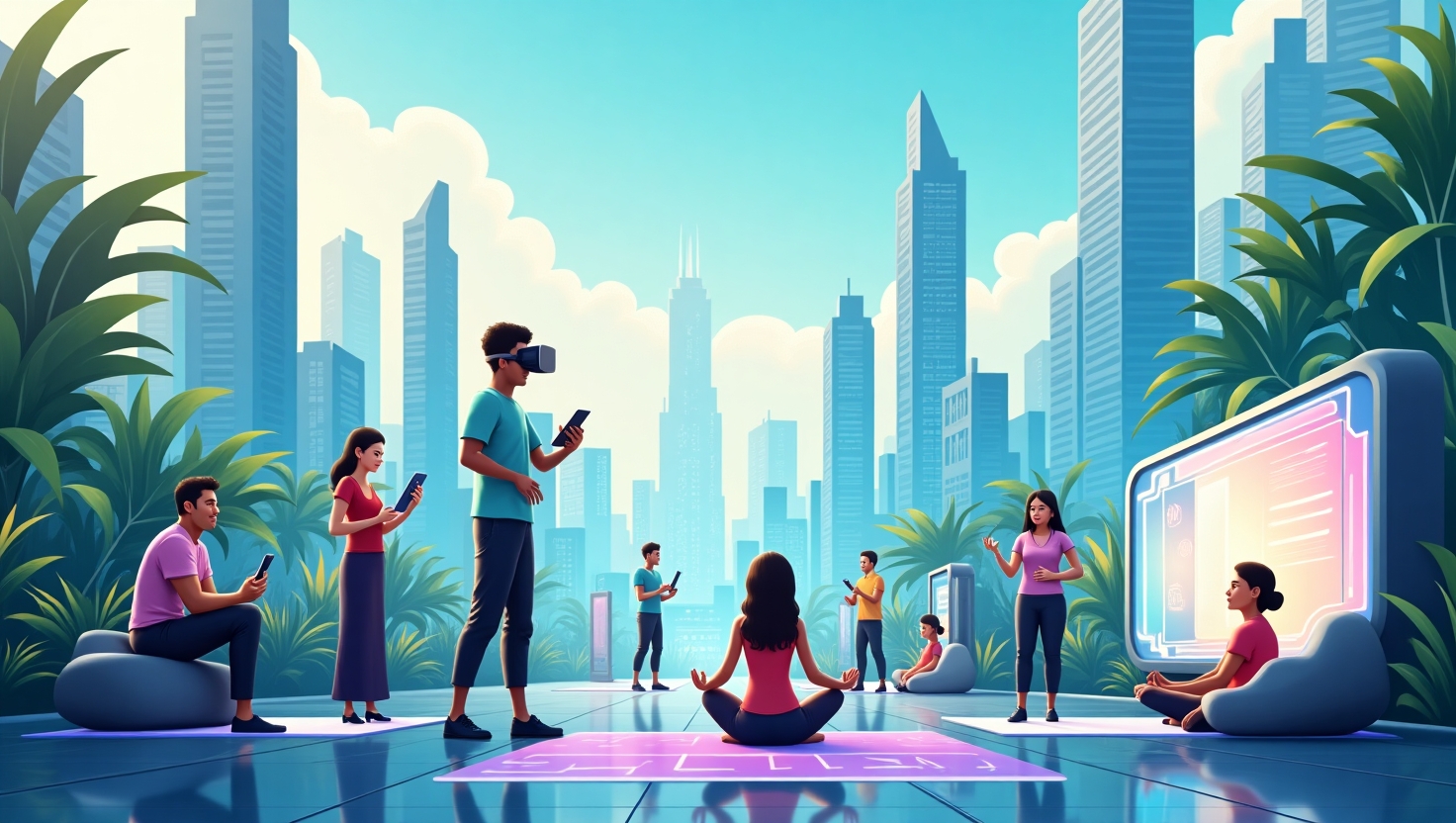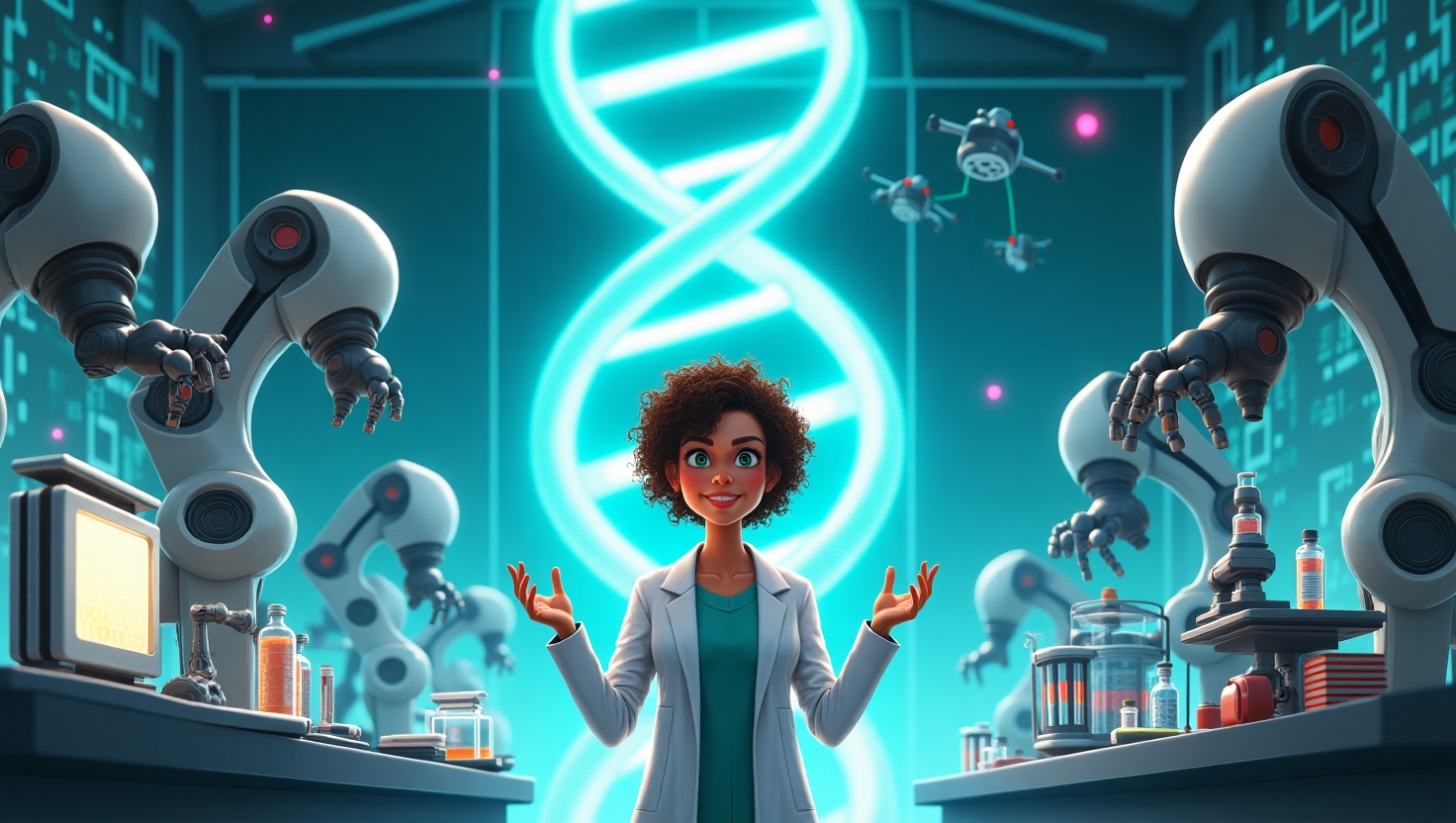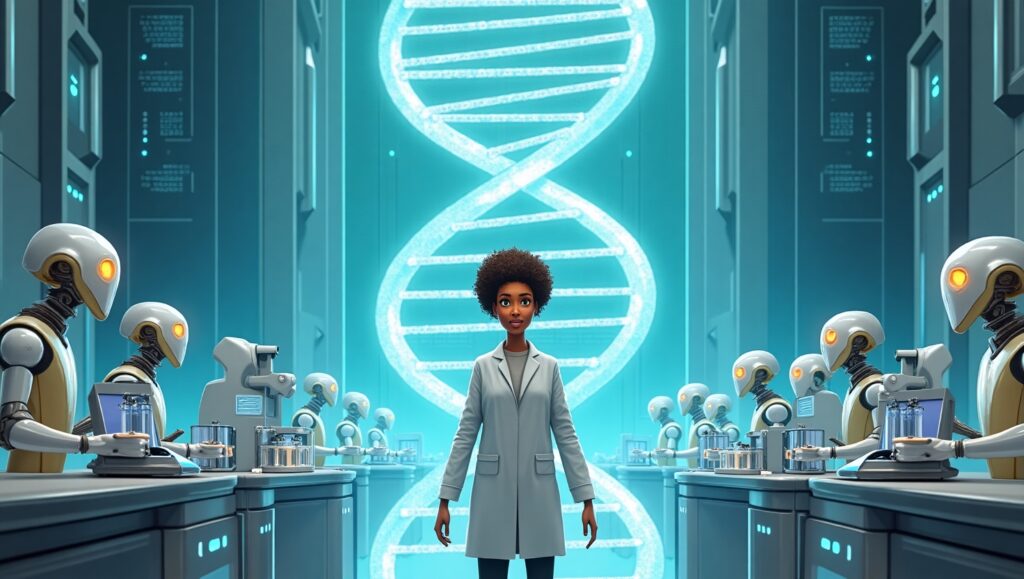Imagine shopping for your favorite gadgets or clothes without leaving your chat window. That’s the exciting future OpenAI is crafting by integrating Shopify with ChatGPT. Reports suggest this bold move could transform online shopping into a seamless, AI-driven experience. As technology races forward, this partnership might just redefine how we shop, blending convenience with cutting-edge innovation.
How It Works: Shopping in a Chat
Recent reports reveal that OpenAI is embedding Shopify’s e-commerce tools directly into ChatGPT. New code strings like “buy_now” and “shopify_checkout_url” have appeared in ChatGPT’s public web bundle, hinting at a smooth purchase flow within the chat. Users can soon browse products, ask questions, and buy items—all without opening a separate app or website. The Tech Outlook notes that this integration is already live in production assets, suggesting a launch could be imminent.
Picture this: You’re chatting about a new phone case. You ask ChatGPT for options, and it instantly shows you choices from Shopify stores, complete with prices and shipping details. A quick “buy now,” and it’s yours—effortless and fast. This isn’t just a gimmick; it’s a deep collaboration that makes shopping feel like a natural conversation.
Why It’s a Win for Everyone
This integration brings big perks for both shoppers and businesses. For users, it’s all about convenience. You can get tailored suggestions, compare deals, and check out in seconds, all in one place. No more juggling tabs or apps—just a friendly chat that ends with your purchase. Plus, with Shopify’s secure platform handling the details, repeat buys could be lightning-quick.
Businesses, especially Shopify merchants, gain a lot too. Their products reach ChatGPT’s massive user base, boosting visibility and sales. Small shops could suddenly compete with big players, thanks to this AI-powered exposure. As online shopping grows, this seamless shopping experience could become a game-changer for e-commerce growth.
Tackling the Tough Stuff: Privacy and Purpose
Of course, new tech brings questions. Shopping means sharing personal data—think payment info and preferences. Can we trust this system? OpenAI and Shopify, both leaders in their fields, likely have this covered with top-notch security. Their track records suggest they’ll prioritize keeping your info safe, building trust in this new shopping frontier.
Some folks aren’t thrilled, though. AI fans online have joked that OpenAI’s focus has shifted from chasing artificial general intelligence to pushing shopping carts. It’s a fair point—does this dilute their mission? Yet, practical uses like this could fund bigger AI dreams. Past plugin security hiccups also worried users, but this direct Shopify tie-in looks tighter and safer.
The Future: AI Takes Over E-commerce
This isn’t just a one-off. It’s part of a wave where AI reshapes shopping. Microsoft’s Copilot Merchant Program shows the trend—AI assistants are becoming personal shoppers everywhere. TechRadar predicts more platforms will jump on this bandwagon, blending chatbots with buying power. For Shopify, already an AI trailblazer, this fits their vision perfectly.
What’s next? Maybe real-time stock updates or virtual try-ons, all in your chat window. As AI gets smarter, shopping could feel less like a task and more like a chat with a savvy friend. This OpenAI-Shopify duo might just spark the next big shift in how we buy online.
Wrapping Up: A Shopping Revolution Awaits
OpenAI teaming up with Shopify via ChatGPT is more than a tech trick—it’s a peek at tomorrow’s shopping. It’s easy, personal, and packed with potential, even if privacy and purpose need watching. As AI keeps evolving, expect more innovations like this to shake up e-commerce. What do you think—ready to shop with ChatGPT? Stick with Global Tech Pulse for the latest on this AI revolution!










